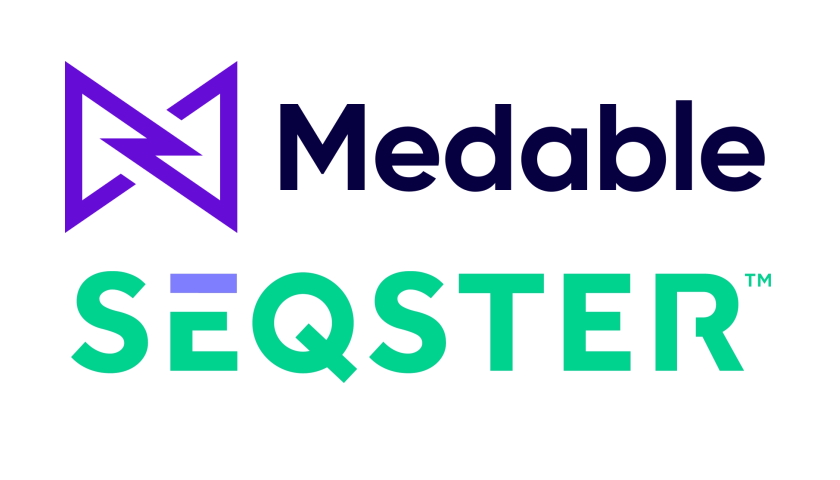Medable, Seqster pair up on real-world data for remote trials

With COVID-19 forcing a shift towards decentralised trials, two digital health firms – Medable and Seqster – have teamed up to offer ways to also incorporate real-world data into remote study designs.
Decentralised studies reduce or eliminate the need to travel to clinical sites, and the two partners want to go even further by harnessing technologies that can provide additional data in real-time to generate “a more holistic view of patient health,” according to Medable CEO Dr Michelle Longmire.
Seqster specialises in collecting and analysing data from sources like electronic health records (EHRs), genomic data, wearables data, and other health measures, and that will be integrated into Medable’s platform for managing decentralised trials and connecting patients with investigators and trial sites.
Last November, Medable raised $91 million in a third-round financing to develop its digital platform, which covers remote screening, electronic consent, outcomes assessments and telemedicine, taking the total raised by the Palo Alto-based company since it was set up to $136 million.
Medable’s objective is to reduce standard clinical trial timelines by 50% using its decentralised approach, mainly by eliminating manual and time-intensive steps.
“Patients want clinical trials to fit into their real-world experience, not the other way around,” according to Longmire. Collaborating with Seqster will lead to “higher-quality trial results while simplifying the patient experience,” she added.
Both Seqster and Medable have separate, existing alliances with Datavant, which operates a cloud-based platform that helps life sciences and healthcare groups manage, secure and share anonymised data.
“By shifting from outdated retrieval methods to real-time data streams, pharma and biotech companies can more quickly identify potential trial participants, and help them track and share health data at scale,” said Seqster chief executive Ardy Arianpour.
The use of real-world evidence (RWE) has grown rapidly in pharma over the last few years, not only to gauge how experimental therapies may perform outside randomised clinical trials, but also to aid the clinical development process and provide important data for pricing discussions once medicines have been approved.













